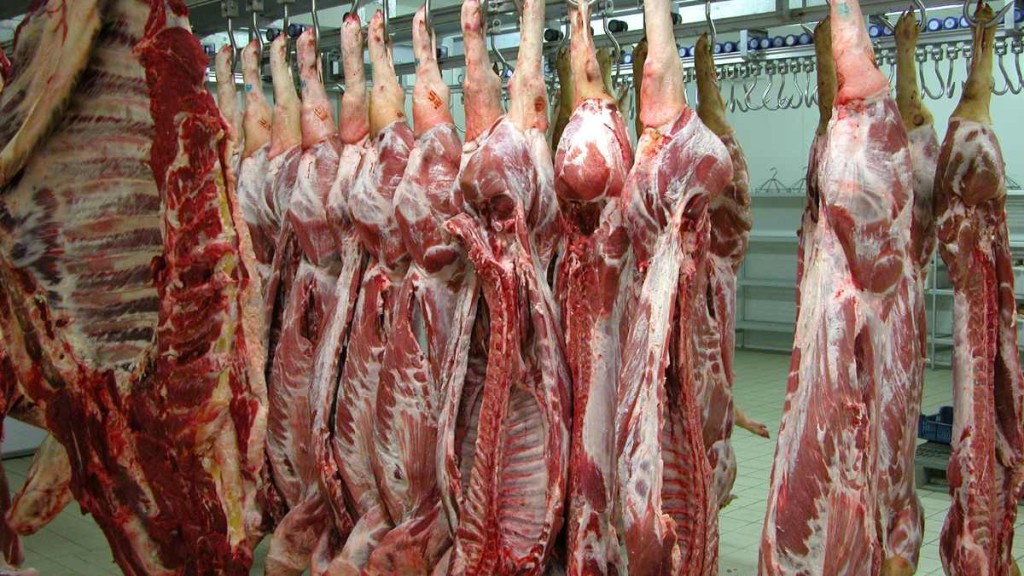The rapid decline in the number of abattoirs across the UK has raised concerns about the country’s food security. Since the 1970s, the number of British abattoirs has plummeted from around 2,500 to just 203, according to the British Meat Processors Association (BMPA). This significant drop threatens not only the survival of local livestock farmers but also the nation’s food supply chain.
The BMPA has issued a warning that if the decline continues unchecked, it will have long-term repercussions on British farming and food production. The association has highlighted a combination of factors driving this worrying trend, including reduced livestock numbers, increased trade barriers, and a chronic labour shortage within the industry.
The Impact on British Farming
One of the major concerns raised by the BMPA is the impact on British livestock farmers, who are heavily reliant on local abattoirs. Without these facilities, farmers would struggle to get their animals processed, which could lead to a sharp decline in domestic farming. This would, in turn, increase the UK’s reliance on imported meat, raising concerns about sustainability and food security.
Nick Allen, chief executive of the BMPA, has warned that the meat processing industry could adapt to using imported meat if necessary. However, British livestock farmers are at risk of being left without the vital infrastructure they need to survive. The loss of abattoirs would be a devastating blow to farmers and could lead to a significant reduction in British-reared meat on supermarket shelves.
A Risk to National Food Security
The BMPA has also emphasised the broader implications for the UK’s food security. In their “Meat Industry Manifesto,” they warned that allowing the abattoir decline to continue unchecked would expose the country to external risks such as wars, climate change-related shortages, and sudden export bans. With fewer domestic facilities, the UK could be vulnerable to supply chain disruptions beyond its control.
These concerns highlight the critical role abattoirs play in the UK’s food infrastructure. They are not merely a part of the meat production process but a key pillar of national food security. Without a viable abattoir industry, the UK risks losing control over its food supply and becoming increasingly dependent on foreign imports.
Challenges Facing the Industry
The BMPA has pointed to several key factors behind the decline of abattoirs. Since Brexit, the meat industry has faced increased bureaucracy and tougher trade barriers, which have added significant costs to the business. In addition, a shortage of skilled workers has compounded the problem, making it harder for abattoirs to operate efficiently.
Nick Allen has called on the government to take action, arguing that current policies have been shaped without a full understanding of the consequences for the entire food chain. He hopes that with the election of a new government, there will be an opportunity to rethink how the government and industry can work together to ensure the long-term security of British food production.


